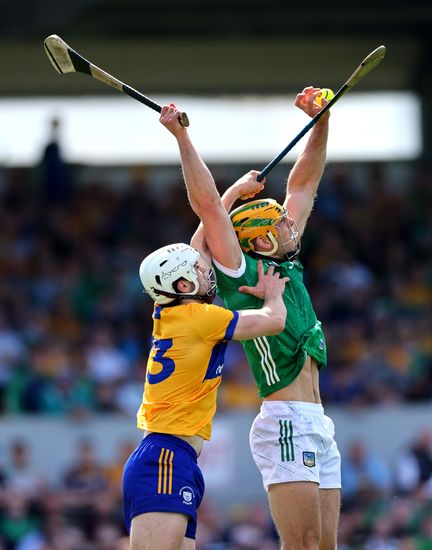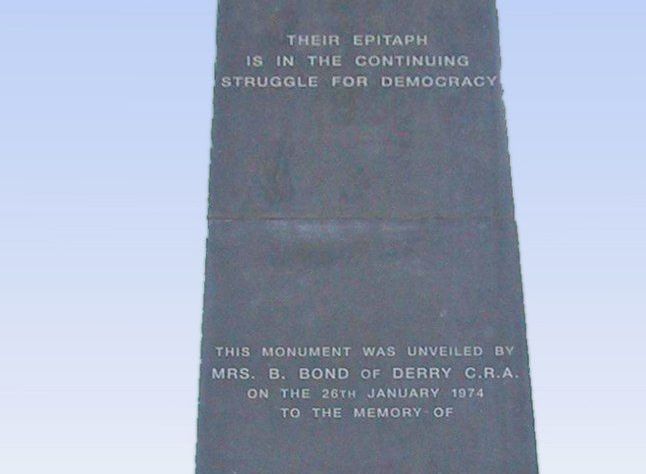By Daniel Neely
On March 31, 1976, the Cork to Dublin Travelling Post Office Train was robbed of over £200,000 in Sallins, Co. Kildare. The police targeted Irish Republican Socialist Party for its alleged role and began to round people for arrest under the Offenses Against the State Act, thus initiating one of the most notorious and dishonorable episodes in Ireland’s modern history.
In the weeks following the heist things unfolded quickly. IRSP members were arrested, released, and rearrested, during which time they were subject to “special interrogation” by Dublin’s Central Detective unit, a group popularly known as the “Heavy Gang” for the brutality of its information-gathering techniques. Confessions were collected (with evidence to show torture was involved) and in 1978, the Special Criminal Court convicted Osgur Breatnach, Brian McNally and Nicky Kelly for what it said was their role in “the Sallins Train Robbery.” Breatnach & McNally went to prison and Kelly went into exile.
In April 1980 the Provisional IRA claimed responsibility for the heist. As a result, Breatnach and McNally were acquitted on appeal, and expecting to be exonerated, Kelly returned to Ireland, but instead was rearrested, and sent to prison. The state was in the wrong throughout all of this. Kelly was eventually given a presidential pardon in 1992 and he, along with the other two men, received substantial compensation from the Irish government the following year. But the fallout from Ireland’s longest-running criminal trial had severe repercussions for the country and especially for the families of those involved, including Breatnach’s, who spent an significant portion of their lives consumed with overturning their son’s wrongful conviction.
https://www.youtube.com/watch?v=ukokazo6ioA
Cormac Breatnach was 13 when his brother Osgur was arrested and tortured for his alleged role in the heist. It was a defining time in his life and the subject of his most recent recording project, “The Whistle Blower.” In it, Breatnach “explore[s] and express[es] musically how a single traumatic event affected [him] from the age of 13 into [his] adulthood.” This short but potent album includes six tracks of affecting instrumental music and includes the playing of Breatnach (whistle), Daire Bracken (fiddle) and Martin Tourish (piano accordion).
It’s a fascinating work. It’s a concept album that immediately drew to mind projects such as Susan McKeown’s “Singing in the Dark” album, which addresses mental illness, and Brian Fleming’s show “A Sacrilegious Lesbian and Homosexual Parade,” about sexuality and the St. Pat’s For All parade in Sunnyside, Queens, as all three address and work through issues of cultural significance. It perhaps should not have been a surprise, then, to see that this project was in part inspired by collaborative workshops Breatnach did with McKeown and Fleming in 2015. (McKeown and Fleming in fact appear on the soundtrack of a short film that figures into Breatnach’s live “Whistle-Blower” performance of this project, which use film, discussion, and music to communicate Breatnach’s artistic and emotional journey.)
The music Breatnach lays out here is complex and deeply personal, using rich texture and melodic beauty to move the listener through a wide range of expressive moods. “On Board The Cork and Dublin Travelling Post Office Train While Justice Sleeps” is the album’s first track, and it’s dedicated to Osgur. The track begins with melodic percussive figure that recalls the ticking of a clock and then gently introduces an upbeat melody played on low whistle. The sound of a train is alluded to. As the arrangement unfolds it becomes progressively darker, evoking the events on the night of March 31, 1976 which pulls the listener close and sets a propitious artistic tone, foreshadowing the seriousness of what is to come.
The sound of a moving train also figures into a few of the album’s other tracks, including “Lost Whistle,” which is dedicated to Breatnach’s father Deasún (an Irish writer, journalist and editor who worked for the Irish Independent, the Irish Press, and An Phoblacht newspapers) and “See No Evil Hear No Evil Speak No Evil,” which is dedicated to Breatnach’s brothers Diarmuid and Oisín. The two tracks are strikingly different (despite some rhythmic connectedness), the former a pensive and exploratory melodic excursion and the latter taking a more puckish call and response approach.
“Amhrán Na Mná” and “Faoi Bhláth,” are companion pieces inspired by poet Liam Ó Muirthile work “Amhrán Na Mná Faoi Bhláth.” The former is an episodic, brooding slow air with accompaniment, while the latter has a more upbeat, sanguine feel to it. Both are dedicated to the women in his family. The album’s final track, “The Beginning And The End: Aftermath,” is dedicated to Breatnach’s wife and puts a cap on the whole album. It has kind of a pastoral spirit about it and feels very much like a piece of music intended to bring about a sense of closure.
This is a powerful album that will touch anyone old enough to remember the Sallins train robbery, but it’s also one that has the opportunity to reach those dealing with trauma in a more general sense. Breatnach, who is an exceptional musician and who has surrounded himself with a pair of equally talented partners, writes instability well, but in his arrangements it also seems he understands how to shed positive light on resolution. It’s a hard journey, but “The Whistle Blower” is an album well worth experiencing. Breatnach has been touring the album on a tour called “Out of Time.” At the time of writing it includes two more stops, the first in Portlaoise on March 9 and the second in Kildare on March 22. To learn more, visit thewhistleblower.ie.











